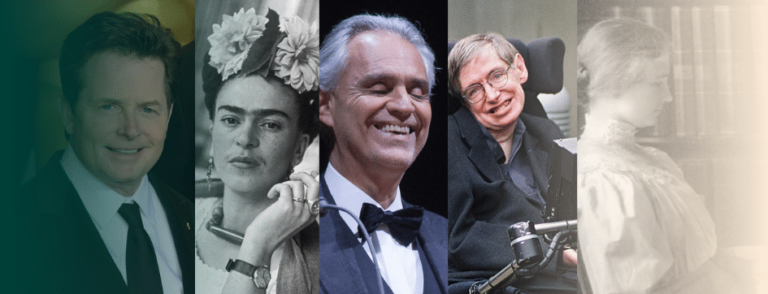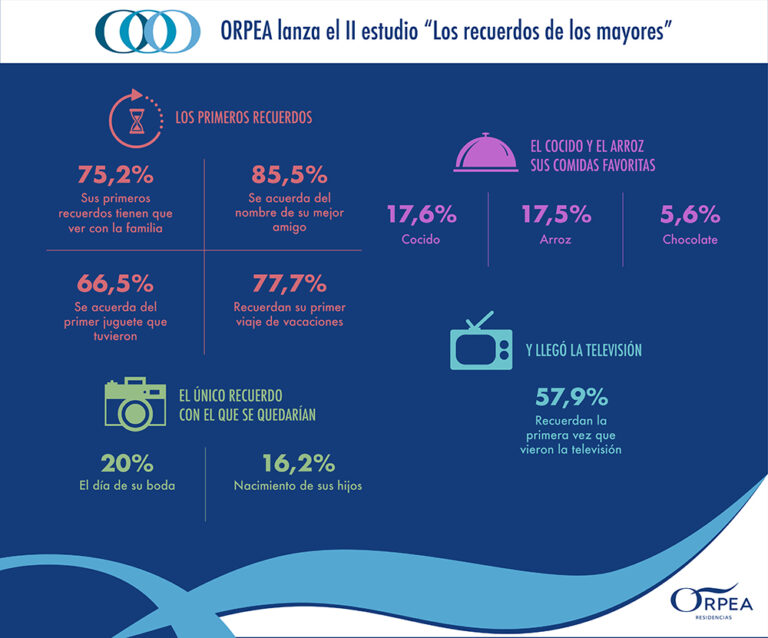Hearing is much more than the simple perception of sounds; It is the door to communication that allows us to enrich relationships and learn from our environment. Hearing connects us to the world, and a lack of it can lead to social distancing, decreased self-esteem, emotional instability, anxiety, and even depression. Aid for hearing impairment in older people can avoid many of the consequences described, and can restore well-being to these patients.
Age-related hearing loss is known as presbycusis. It is a common problem that affects a substantial part of the population, especially those over 65 years of age, which has motivated the governments of the different autonomous communities to establish programs and aid for hearing disabilities aimed at offering support and facilitating access to devices and services that improve hearing in order to contribute to a fuller life for our elderly.
That is why at NAMI we want to explain what these aids are for people with hearing disabilities and what the requirements are and how to request them.
What is considered hearing disability?
According to the World Health Organization (WHO), disabling hearing loss is defined as a reduction in hearing greater than 35 decibels (dB) in the ear that has better hearing ability. This measure is used as an international standard to identify the threshold at which hearing loss becomes a disability, since, from this point, difficulties in communication and quality of life can be significant. Hence, hearing loss is considered one of the main causes of dependency.
Degrees of hearing impairment
The severity of hearing impairment is usually classified into different degrees or levels, ranging from mild hearing loss (mild hearing loss) to absolute hearing loss or profound deafness. These ratings are generally determined based on the decibel (dB) level at which a person can hear sounds.
Recognition of the degree of disability is generally carried out by the specialized base services and centers of each of the autonomous communities which, in turn, are responsible for assessing and qualifying the degree of disability, using a psychosocial approach as well. This means that, to assess the degree of hearing disability, in addition to the medical pathology, how this disability affects the person who suffers from it is also taken into account. That is why to determine the degree of hearing disability, a medical diagnosis and also a psychological assessment or assessment by social workers may be necessary.
How to get the hearing disability certificate for seniors?
The disability certificate is a document that officially certifies the degree and type of disability of a person. To obtain a hearing disability certificate for seniors, several steps must be followed:
-Medical evaluation and diagnosis. The first step is to undergo a medical evaluation and diagnosis by a doctor specialized in disability. This professional will evaluate the hearing loss and determine its severity and type. It is important to collect all relevant medical documentation, including reports and previous hearing tests.
-Request for the Disability Certificate. Once the medical diagnosis confirming the hearing disability has been obtained, the next step is to request the disability certificate. This is done through the Institute of Seniors and Social Services (IMSERSO) or the Department of Social Affairs of the autonomous community in which the person resides. Each autonomous community may have a slightly different procedure, so it is important to verify the specific requirements in the corresponding community.
The documents that must be submitted along with the application are: photocopy and original of the DNI of the applicant or his legal representative (or, failing that, the Family Book), the medical, psychological and social reports, and a photocopy of the resolution of the Disability Evaluation Commission with the recognition of the disability and its degree, if it is already recognized.
– Evaluation: When the application for the disability certificate has already been submitted, as well as all the specific documentation and forms, we must wait for the applicant to be summoned to undergo a medical, psychological and social assessment, which is usually carried out on the same day.
– Resolution: The competent authorities will have to review all the documentation in order to carry out the corresponding assessment. After several weeks of waiting, the applicant will receive a notification with the resolution on the granting or denial of the hearing disability certificate, as well as the degree of disability that has finally been granted. If this degree of disability is equal to or greater than 33%, you can then request aid for hearing impairment, as well as other social benefits.
-Recourse in case of denial: If the disability certificate is denied and the person considers that the decision is incorrect, they have the right to file an appeal and request a review that will conclude with a final resolution.
As we see, the process to obtain a disability certificate requires time and patience, and can vary depending on the autonomous community. It is therefore advisable to contact local social services or IMSERSO for specific guidance on the process.
What subsidies are there for hearing aids?
The “Law on means of support for oral communication of deaf, hearing-impaired and deafblind people” has established an important framework to guarantee inclusion and equal opportunities. One of its highlights is the commitment of public authorities to contribute to the financing of essential technical support for people facing this disability. In particular, subsidies and aid have been designed to facilitate the acquisition of hearing aids, devices that are not covered by the health system.
These subsidies for hearing aids come from both the initiatives established by the autonomous communities and from collaboration with organizations and companies, together with non-profit entities committed to inclusion. Each autonomous community has developed its own support plans, adapted to the specific needs of its residents. These aids can cover a wide range of essential devices, from personal computers or tablets to hearing aids, as well as parts for the maintenance of cochlear implants and other assistive devices for people with different types of disabilities.
The catalog of aid also extends to improvements in accessibility at home, with the financing of alarm systems or luminous doorbell or telephone alerts.
Main requirements
In Spain, subsidies or financial aid for older people with hearing disabilities may vary depending on the autonomous community and municipality of residence. These grants may be available at the local, regional or national level, and their availability and specific requirements may vary. It is therefore important to contact your local authorities or social services for up-to-date information on available grants and specific requirements.
However, as a general rule, here are some common requirements that are usually considered when applying for hearing disability grants:
-Disability certificate that certifies the degree and type of hearing disability.
-Residence in Spain. Generally, it is necessary for the person to be a legal resident in Spain for five years and to be registered in the autonomous community in which they are requesting aid for hearing impairment.
– Being declared dependent in one of the degrees established by the Dependency Law, which will range from degree 1 (moderate dependency) to degree 3 (great dependency).
-Additional documentation. Additional documentation, such as invoices or estimates related to the individual’s specific needs, may be required to confirm that the grant amount is intended for necessary aids and the purchase of hearing aids or other devices.
How to request it?
The process to apply for a hearing disability certificate and access subsidies and aid for people with hearing disabilities is a complex procedure that requires time and appropriate guidance. It is possible to start the procedure with your family doctor or with the Social Services of the town hall of the town of residence so that they can provide initial guidance in this process.
How we can help you
From day centers and nursing homes, such as NAMI, we can also provide you with advice regarding the request for this type of aid for people with hearing disabilities.
Since in our centers we treat people with different conditions and degrees of dependency, we know the requirements of the different autonomous communities and localities in which our 53 centers are distributed between Residences, Day Centers and Mental Health Clinics. At NAMI we try to maintain the physical and cognitive abilities of our residents, and that is why we try to provide our seniors and their families with all the advantages and help that will undoubtedly result in a better quality of life.






